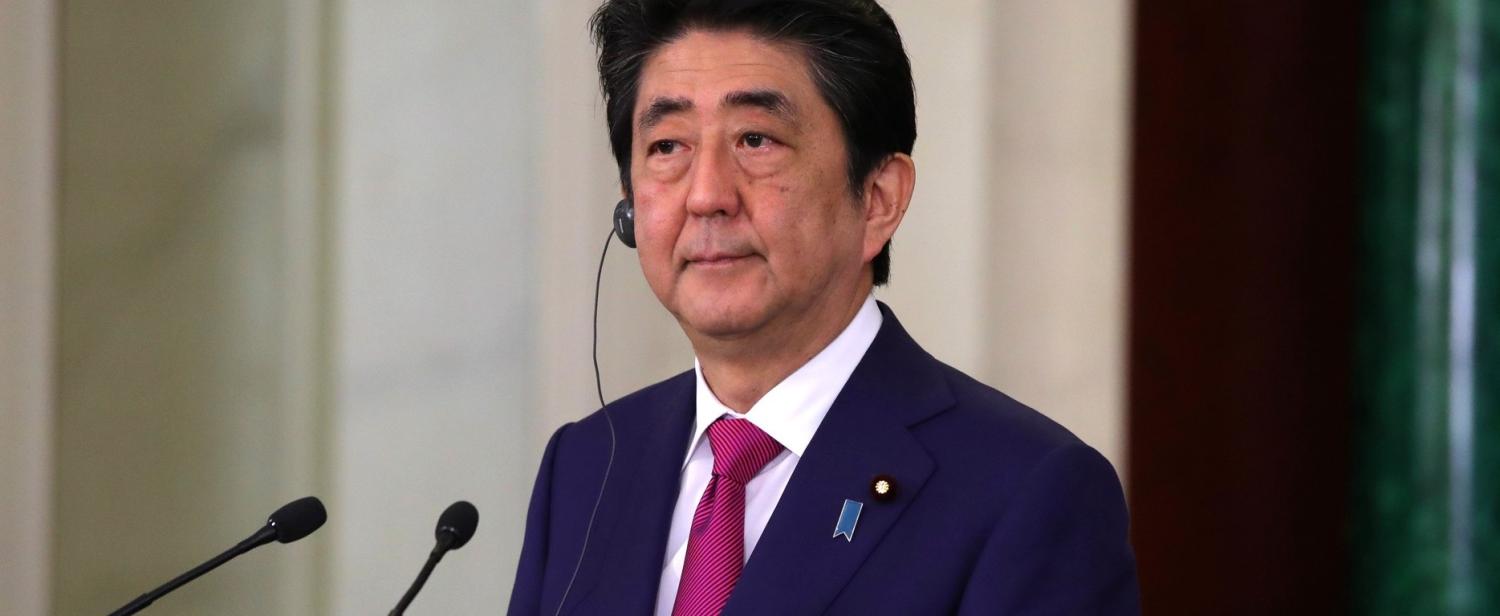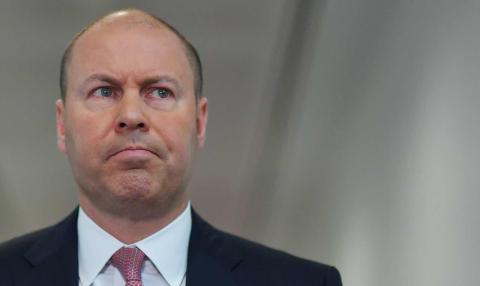Japan’s Prime Minister Abe Shinzo is scheduled to visit Australia this week on the heels of attending the ASEAN Summit. While there have been regular prime ministerial exchanges between Tokyo and Canberra throughout Abe’s long leadership tenure, there will be more at stake than usual on this occasion.
To pave the way for successful negotiations with Morrison, Abe will make a major diplomatic overture … a historic visit to the city of Darwin, the site of a 1942 bombing attack by Japanese forces.
Japan and Australia are on the cusp of a significant upgrade to their strategic partnership, which will usher in a new phase for the bilateral relationship more broadly. Skillful diplomacy will be required to bring this to fruition. Indeed, negotiations for what is called a Reciprocal Access Agreement (RAA), that will enhance Australian and Japanese military exchanges, have been underway for almost four years now, likely hindered in part by Tokyo’s failed bid to build a submarine fleet for Australia in 2016.
The proposed RAA, once in effect, will facilitate bilateral movement of Japanese and Australian forces, and enable more frequent and larger scale joint-exercises. Abe’s priority on this visit will be to make headway on the protracted negotiations and to reach a deal with his Australian counterpart, Scott Morrison.
While both parties stand to benefit greatly from the RAA, there is arguably more hinging on the agreement for Tokyo right now. Ever wary of China’s growing regional influence and assertiveness in the South China Sea, Abe is intent on cementing new security partnerships in the Indo-Pacific. This imperative has been reinforced by the marginalisation of Tokyo in Northeast Asia’s diplomatic efforts to curb Kim Jong-un’s nuclear program; adding salt to this wound has been the central role in this process played by Washington, Tokyo’s long-standing ally.
For Abe, the RAA with Australia will have the added benefit of signifying progress on the “normalisation” of Japan’s security policy, one of his mainstay political agenda items. Possibly, it will also serve as a precedent to enact additional defence agreements with other potential security partners.
To pave the way for successful negotiations with Morrison, Abe will make a major diplomatic overture as part of his trip. This will entail a historic visit to the city of Darwin, the site of a 1942 bombing attack by Japanese forces that killed approximately 250 people. Abe will be the first prime minister of Japan to do so since the end of the Second World War. While the details of his schedule are not clear, it is also anticipated that Abe will visit a memorial constructed in 2017 to commemorate 80 Japanese submariners that were killed just before the bombing of Darwin; their submarine had been planning to attack the city when it was sunk by Allied forces.
As is well known, historical memory of Japanese imperial policies on the Korean peninsula (which were incomparably more extensive and enduring) have severely hampered Tokyo-Seoul security cooperation. Memories of the Darwin attack, however, apparently receded in the Japan-Australia relationship when the potential for bilateral security cooperation became increasingly apparent in the 1990s. Nonetheless, by acknowledging the history of military conflict between the two countries, Tokyo will provide a more solid footing for the burgeoning security partnership.
At the same time, both governments recognise that the security and defence realm of the bilateral relationship cannot evolve in a vacuum. They share a belief that security and defence will best be enhanced by a robust economic partnership.
Against this backdrop, a $54 billion Ichthys gas development project, which involves a natural gas field off Australia’s northwestern coast, is also on the agenda for Abe’s visit. This colossal project, which constitutes Tokyo’s largest overseas investment, entails the shipping of LNG cargo from Australia to Japan and Taiwan. Although the project was scheduled to begin in 2016, it suffered a number of setbacks and delays and the first LNG cargo was only sent in October this year. Abe is expected to visit the Darwin Harbour onshore component of the Ichthys gas project during his trip.
Essentially, Abe’s meeting with Morrison in Australia will consolidate years of hard work conducted between two countries’ foreign ministries – as well as various other departments – in negotiating the particulars of these agreements.
It now rests on the two leaders to strike the deal for reciprocal access. Such a major stride in strategic cooperation is not indicative of a withering of Japan’s enduring alliance with the US. It should be viewed, rather, in the context of Tokyo’s desire to diversify its security policy, which has been characterised by enhanced cooperation with existing partners and seeking potential new ones.

